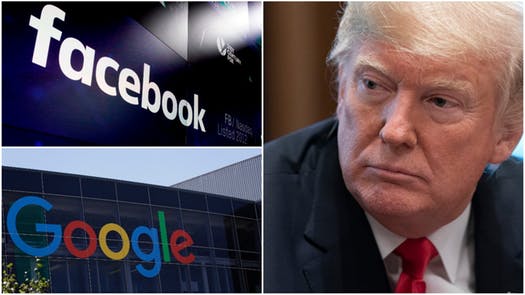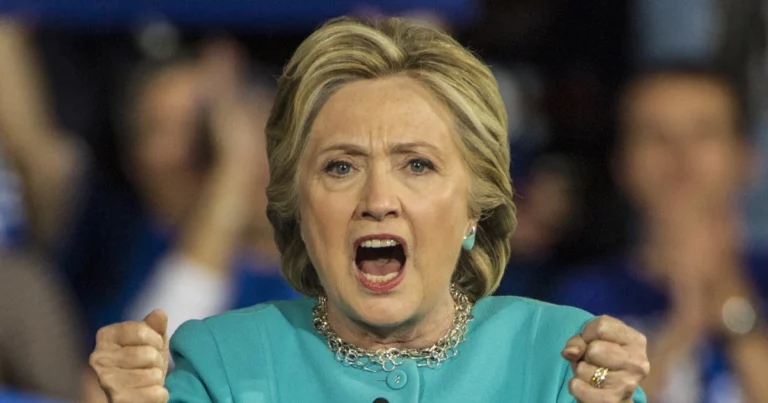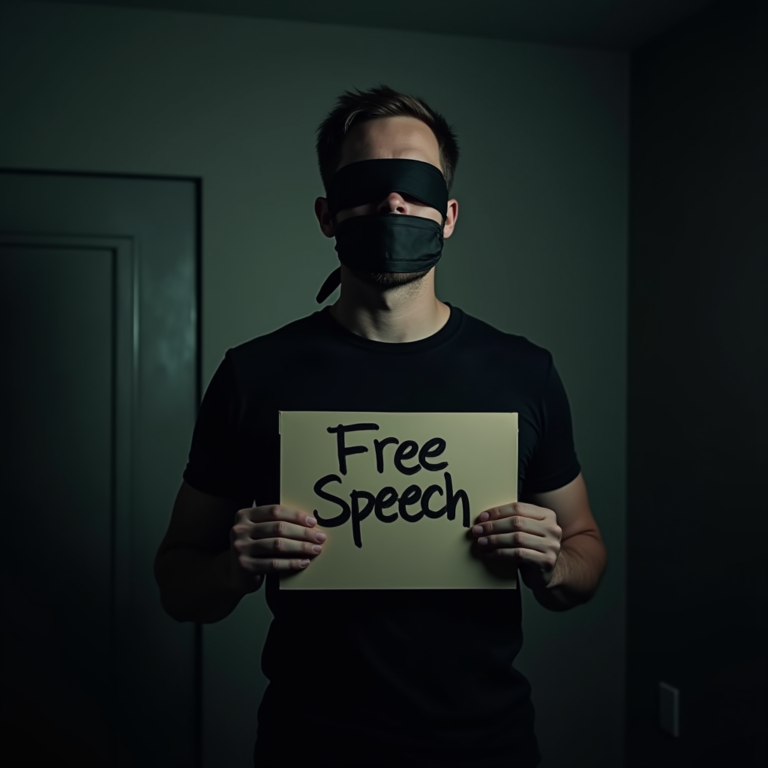According to reports the White House has a drafted an executive order to address social media censorship by targeting Section 230 of the CDA. If reporting on the current draft is correct then this is bad, very bad. It’s easy to get excited that action is finally being taken against the Silicon Valley oligarchs, but this isn’t the right solution. At all.
Section 230 protects American companies from foreign authorities with far less liberal speech regimes than our own. Using executive power to water down Section 230 is a horrible idea and will inevitably harm alternative technology startups like Gab in the long run.
Section 230 says that “No provider or user of an interactive computer service shall be treated as the publisher or speaker of any information provided by another information content provider” (47 U.S.C. § 230). In other words, online intermediaries that host or republish speech are protected against a range of laws that might otherwise be used to hold them legally responsible for what others say and do. The protected intermediaries include not only regular Internet Service Providers (ISPs), but also a range of “interactive computer service providers,” including basically any online service that publishes third-party content. Though there are important exceptions for certain criminal and intellectual property-based claims, CDA 230 creates a broad protection that has allowed innovation and free speech online to flourish.
Source: EFF.org
Removing immunity from a publishing platform, like Gab or Twitter, would result in worse outcomes for free speech than simply doing nothing and letting the market sort things out. As a philosophical matter, in the United States the government has no business patrolling anyone’s biases and thoughts, whether they be individuals at a protest or individuals working together as a corporation.
In a free country a corporation should be free to be biased. Apple censors music to comply with Chinese Communists. Twitter lets Pakistan tell it what users around the world, including Americans, can and can’t say.
Gab is biased towards American law and freedom.
Gab is thriving because we don’t patrol legal speech which is protected by American speech laws, particularly the first amendment and rulings on it. Gab is a threat because we violate the unspoken rule, shared by all big tech companies, that every user of the Internet must be subject to aggressive content moderation, which in our experience, users hate.
From our standpoint, the mobile app ecosystems are the biggest choke point, particularly with Apple which does not permit iPhone users to direct-download third party applications to their phones. Apple and Google have an unquestionable duopoly on mobile app distribution with 98% marketshare.

We believe the big tech companies have sufficiently close connections between them that they can and do collude to remove competitors. Gab is the perfect example of this abuse of market power in action, being banned by both Apple and Google app stores for refusing to censor “offensive” speech. Of course anyone who has ever visited Twitter, Facebook, or Reddit knows that there is plenty of “offensive” speech on those websites, yet they are allowed to remain on both app stores.
Apple should lose its stranglehold over what apps users can download on iPhones, Google should be broken up, and the individual corporate officers responsible for these anticompetitive practices should be individually punished.
Google is a vast repository of private information and we believe that their App Store dominance is only one small part of their anticompetitive activity across the wider economy – which includes dominance over SEO, advertising and the flow of dollars to online publishers, as evidenced by a recent $1.7 billion antitrust fine levied against Google by European regulators.
We believe that an antitrust investigation of these companies will reveal all manner of anticompetitive conduct in areas as diverse as search ranking, advertising, mobile app distribution, browser bundling, and even browser performance.
Otherwise if the Republicans and President Trump want to stop Big Tech bias, watering down Section 230 of the CDA is not the answer. Taking antitrust action against the anticompetitive and monopolistic behavior of Silicon Valley while joining and supporting alternative technology platforms like Gab.com and others is.

Hi there! Gab is fully supported by people like you. If you want to help us on our mission to defend free expression online for all people and decentralize control of the internet away from Silicon Valley here is how you can help.
Free yourself from Big Tech and reclaim your privacy
-Create a free Gab.com, the free speech social network
–Install our free web browser, Dissenter, to block Big Tech trackers and ads and comment on any URL on the internet (including on this post!)





